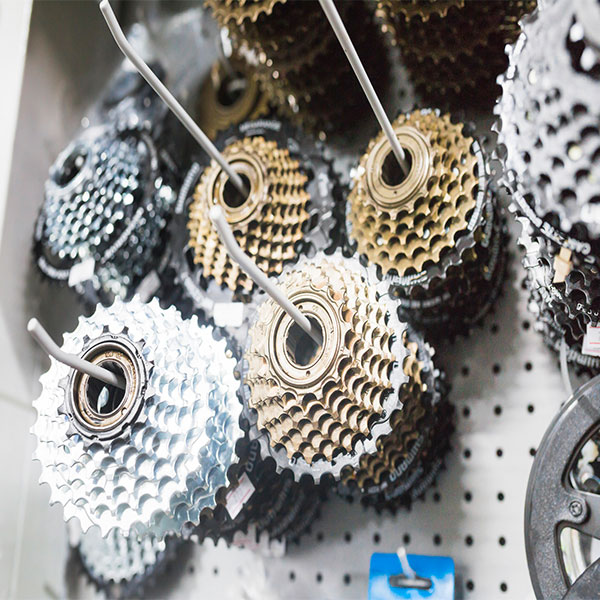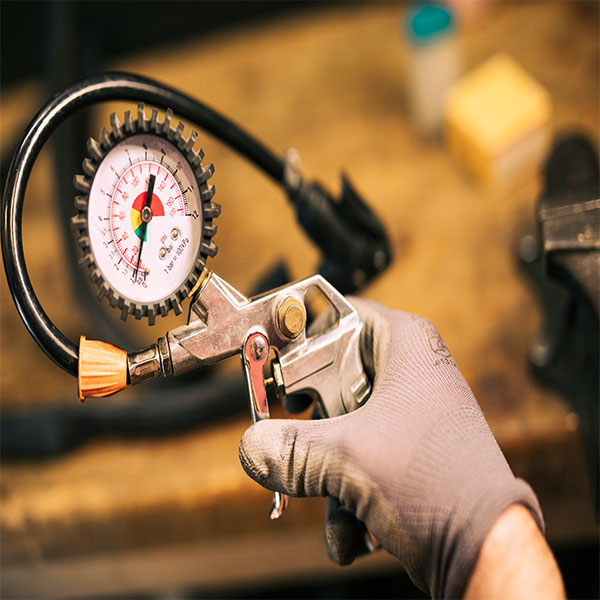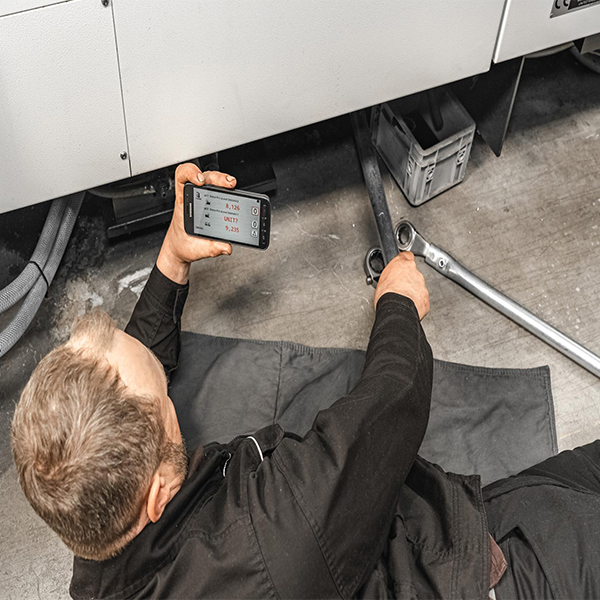Vacuum pumps are essential devices that play a crucial role in various industries, from manufacturing and research to medical and food processing. These powerful machines create a partial vacuum by removing gas molecules from a sealed chamber, enabling a wide range of applications. In this comprehensive guide, we’ll explore how vacuum pumps work and their diverse applications across different sectors.
How Vacuum Pumps Work
Vacuum pumps operate on the principle of reducing pressure within a sealed chamber. By removing gas molecules, the pump creates a partial vacuum, where the pressure is lower than the surrounding atmosphere. This pressure difference drives the flow of molecules from the high-pressure area to the low-pressure area, effectively evacuating the chamber.
The two main methods of creating a vacuum are:
- Gas transfer: Positive displacement pumps, such as rotary vane and diaphragm pumps, mechanically move gas molecules from the inlet to the outlet, creating a vacuum.
- Entrapment: Capture pumps, like cryogenic and ion pumps, trap gas molecules using cryogenics or ionization, respectively.
Types of Vacuum Pumps
Vacuum pumps are classified based on their operating pressure range and the technology they employ. The most common types include:
- Rotary Vane Pumps: Utilize rotating vanes to create a vacuum by trapping gas molecules and moving them from the inlet to the outlet.
- Diaphragm Pumps: Use a flexible diaphragm to create a vacuum by expanding and contracting a sealed chamber.
- Scroll Pumps: Employ two spiral-shaped scrolls, one stationary and one orbiting, to create a vacuum by compressing gas molecules.
- Turbomolecular Pumps: Utilize a series of high-speed rotating blades to impart momentum to gas molecules, effectively evacuating the chamber.
Applications of Vacuum Pumps
Vacuum pumps find applications in a wide range of industries, each with specific requirements and challenges. Some of the most notable applications include:
- Manufacturing:
- Used in processes such as vacuum forming, vacuum casting, and vacuum metallurgy.
- Enable the creation of high-quality products with precise dimensions and surface finishes.
- Research and Development:
- Essential for creating the high and ultra-high vacuum conditions required in particle accelerators, electron microscopes, and thin-film deposition systems.
- Allow for the study of materials and phenomena at the atomic and molecular level.
- Medical and Pharmaceutical:
- Used in surgical procedures, such as wound drainage and suction.
- Employed in the production of medical devices, pharmaceuticals, and sterile packaging.
- Food Processing:
- Utilized in freeze-drying, vacuum packing, and evaporation processes to preserve food quality and extend shelf life.
- Enable the removal of air and moisture from food products, preventing spoilage and maintaining freshness.
- Oil and Gas Industry:
- Used in oil and gas exploration, production, and refining processes.
- Facilitate the removal of contaminants, such as water and gases, from crude oil and natural gas.
Nanjing Xing Yi Chen is a leading supplier of high-quality vacuum pumps and related equipment. With a wide range of products and customization options, Nanjing Xing Yi Chen caters to the diverse needs of various industries, ensuring reliable performance and efficient operation.
Vacuum pumps are essential tools that enable a wide range of applications across multiple industries. By understanding how they work and the different types available, professionals can select the most appropriate pump for their specific needs. As technology continues to advance, the role of vacuum pumps in driving innovation and improving efficiency will only become more significant.











